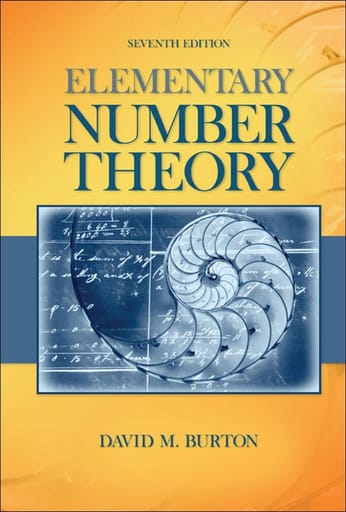Solution
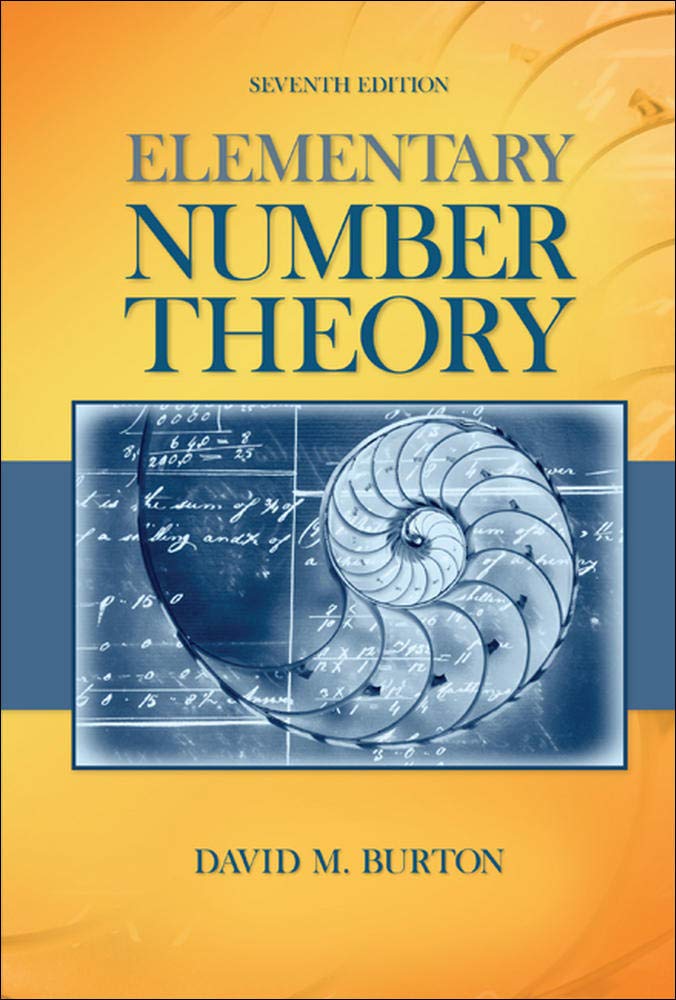
Elementary Number Theory Problems 3.3 Solution (David M. Burton's 7th Edition) - Q4 Paid Members Public
My Solution for "Sylvester ($1896$) rephrased the Goldbach conjecture: Every even integer $2n$ greater than $4$ is the sum of two primes, one larger than $n/2$ and the other less than $3n/2$. Verify this version of the conjecture for all even integers between $6$ and $76$."
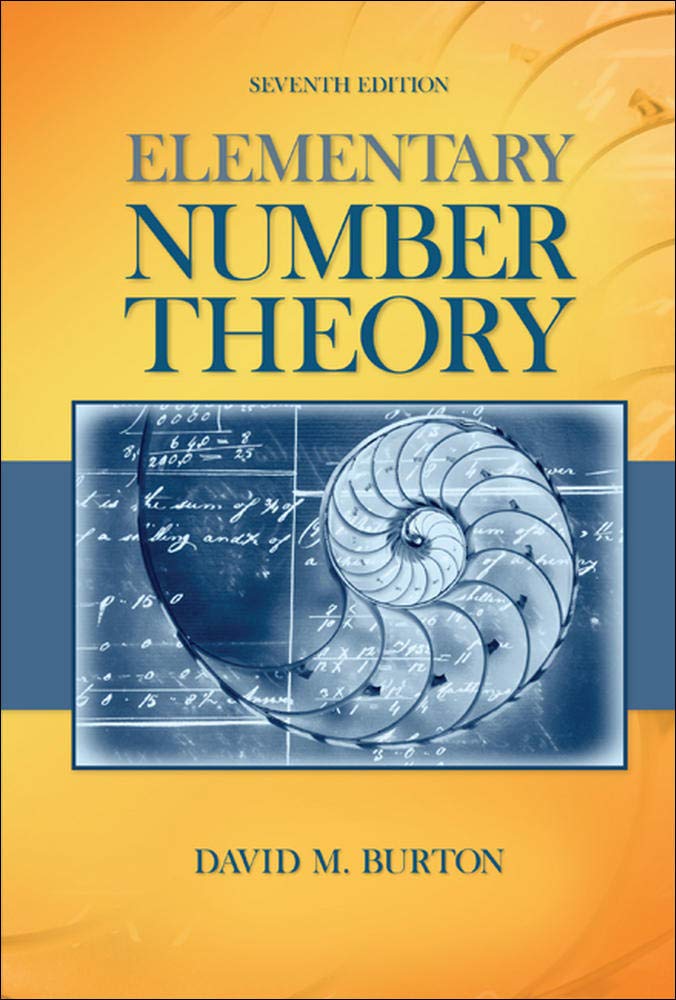
Elementary Number Theory Problems 3.3 Solution (David M. Burton's 7th Edition) - Q3 Paid Members Public
Find all pairs of primes $p$ and $q$ satisfying $p - q = 3$.
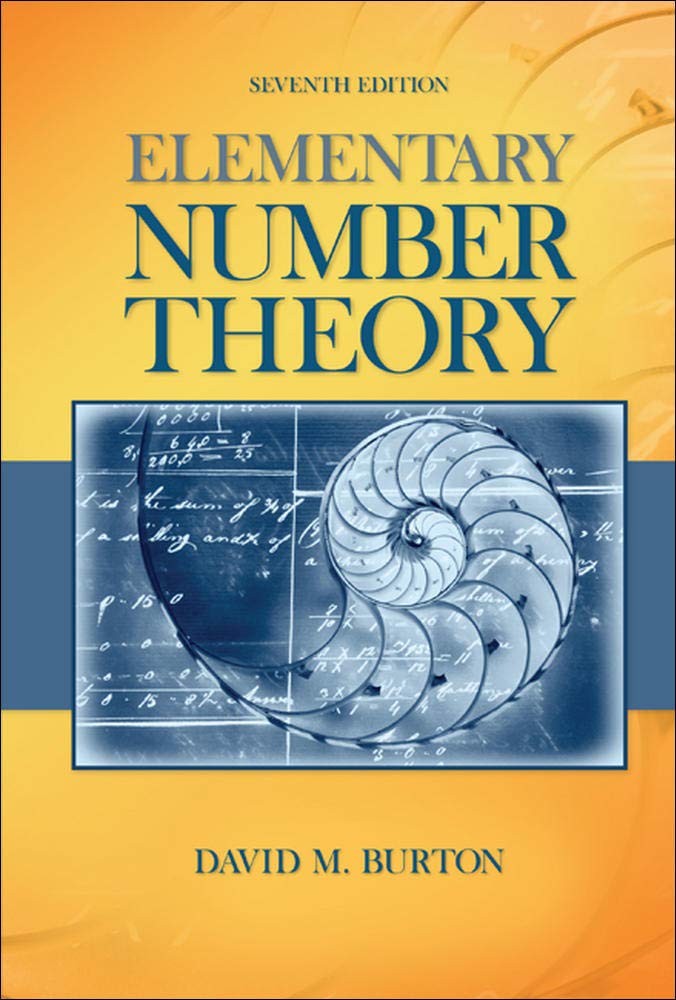
Elementary Number Theory Problems 3.3 Solution (David M. Burton's 7th Edition) - Q2 Paid Members Public
(a) If $1$ is added to a product of twin primes, prove that a perfect square is always obtained. (b) Show that the sum of twin primes $p$ and $p + 2$ is divisible by $12$, provided that $p > 3$.

Elementary Number Theory Problems 3.3 Solution (David M. Burton's 7th Edition) - Q1 Paid Members Public
My Solution for "Verify that the integers $1949$ and $1951$ are twin primes."

Elementary Number Theory Problems 3.2 Solution (David M. Burton's 7th Edition) Paid Members Public
My solutions for Burton's Elementary Number Theory Problems 3.2 (7th Edition)
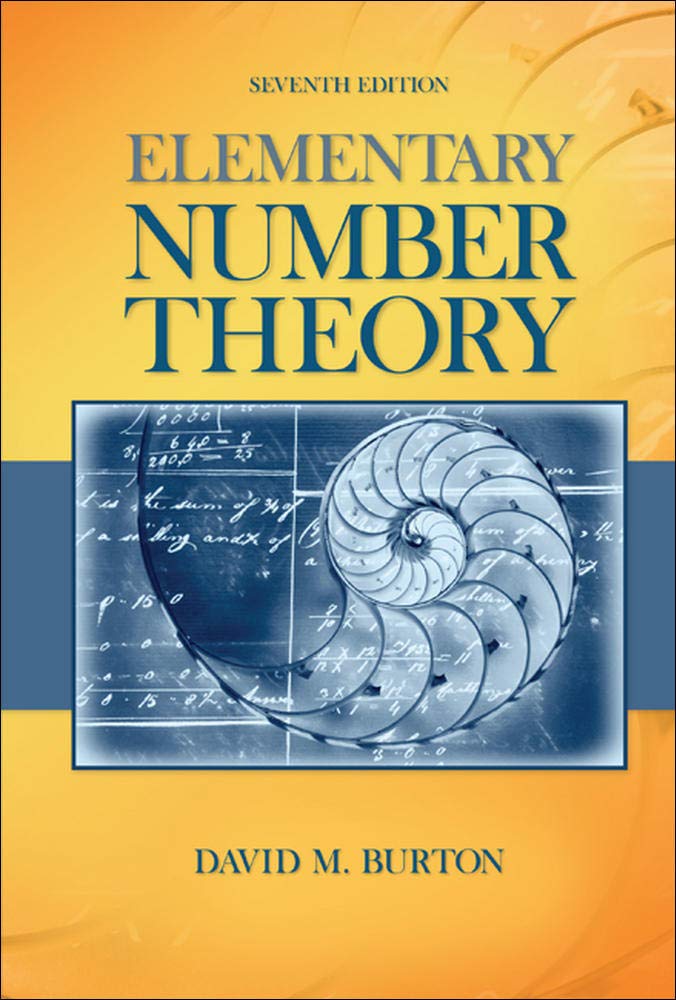
Elementary Number Theory Problems 3.2 Solution (David M. Burton's 7th Edition) - Q14 Paid Members Public
My Solution for "Use the previous problem to obtain the prime factors of the repunit $R10$."
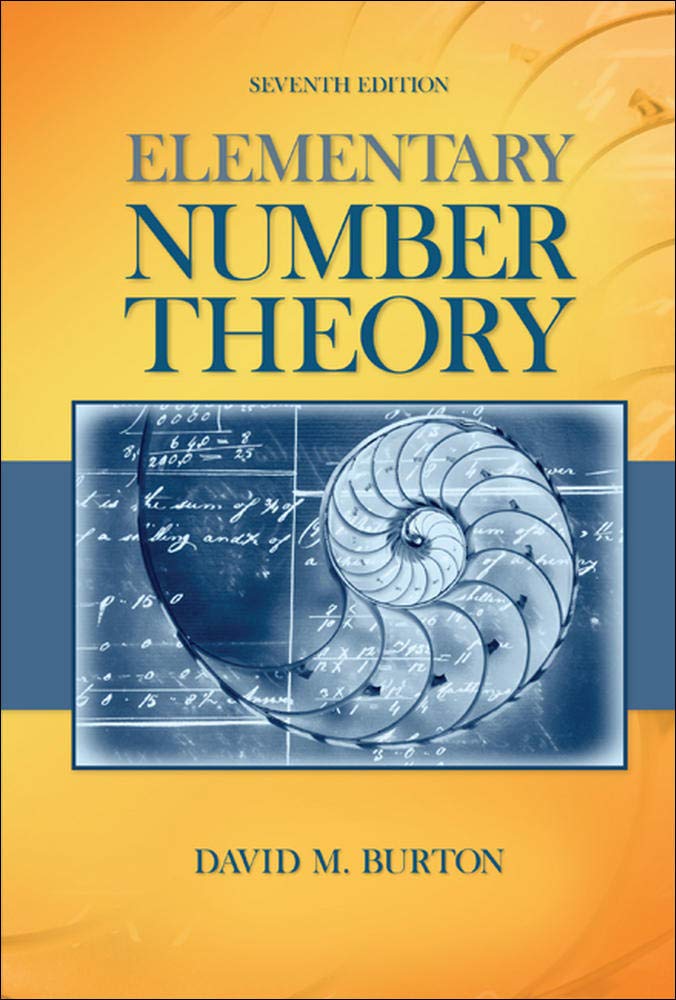
Elementary Number Theory Problems 3.2 Solution (David M. Burton's 7th Edition) - Q13 Paid Members Public
My Solution for "For the repunits $R_{n}$, verify the assertions below: (a) If $n \mid m$, then $R_{n} \mid R_{m}$. (b) If $d \mid R_{n}$ and $d \mid R_{m}$, then $d \mid R_{n+m}$.[Hint: Show that $R_{m+n} = R_{n}10^{m} + R_{m}$.] (c) If $gcd(n, m) = 1$, then $gcd(R_{n}, R_{m})= 1$."
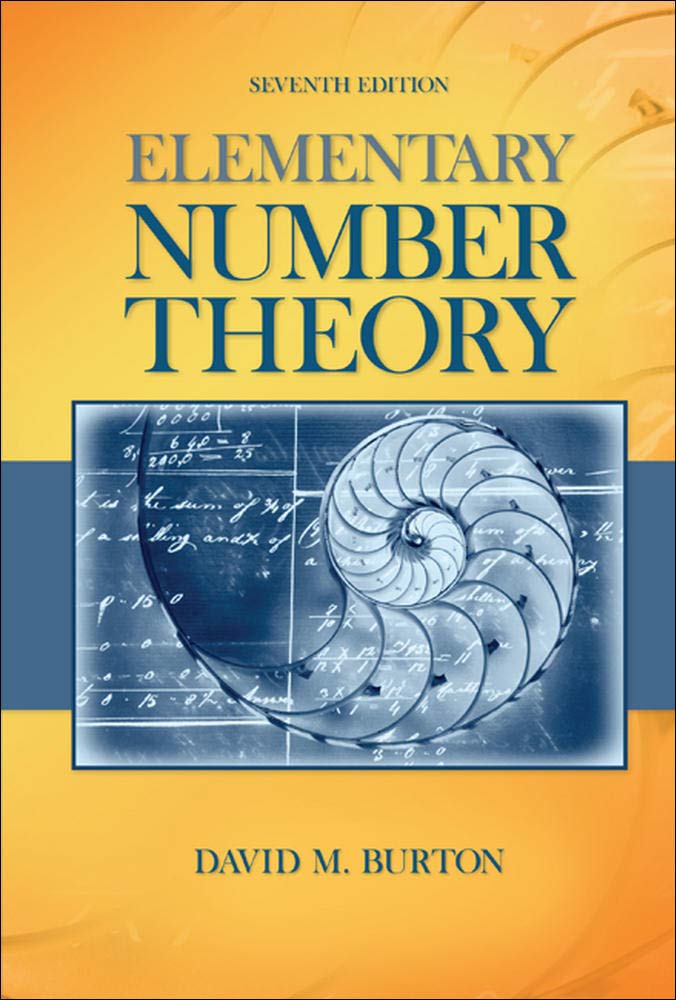
Elementary Number Theory Problems 3.2 Solution (David M. Burton's 7th Edition) - Q12 Paid Members Public
Assuming that $p_{n}$ is the $n$th prime number, prove:(a) $p_{n} > 2n - 1$ for $n \geq 5$.(b) None of the integers $P_{n} = p_{1}p_{2} \cdots p_{n} + 1$ is a perfect square. (c) The sum $\frac{1}{p_{1}} + \frac{1}{p_{2}} + \cdots + \frac{1}{p_{n}}$ is never an integer.
